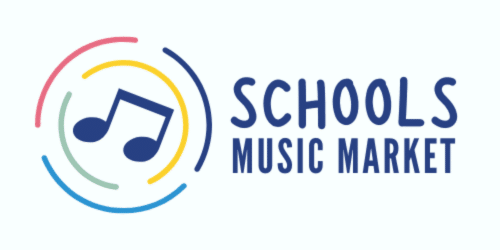In the contemporary global landscape, music education emerges as a pivotal force in championing multiculturalism and fostering an appreciation for diverse musical traditions. This blog post explores the profound impact of multicultural music education on promoting cultural understanding and celebrates its myriad benefits for students. Delve into the rich tapestry of multicultural music education as we discuss its role, benefits, and provide valuable strategies and resources for seamlessly integrating this inclusive approach into the classroom.
The Role of Multicultural Music Education in Promoting Multiculturalism:
Multicultural music education serves as a potent vehicle for cultivating multiculturalism in educational settings. By immersing students in a diverse array of musical cultures, this approach develops their understanding and appreciation for different traditions, instilling values of respect, empathy, and acceptance. Beyond merely learning musical techniques, multicultural music education encourages students to explore the historical, social, and cultural contexts surrounding music creation. Breaking down cultural barriers, it establishes music as a universal language that connects people across diverse backgrounds. Through embracing multicultural music education, students gain a broader worldview and foster a sense of belonging in our increasingly diverse society.
Benefits of Exposing Students to Multicultural Music Diversity:
Exposing students to a spectrum of musical cultures yields a plethora of benefits. Firstly, it broadens their musical horizons, introducing them to new sounds, rhythms, and instruments that inspire creativity. This exposure enhances musical literacy and nurtures creativity by offering a rich tapestry of inspiration. Secondly, engaging with diverse musical traditions promotes cognitive development as students grapple with intricate rhythmic patterns and tonal systems from various cultures, stimulating their brain activity and honing critical thinking skills. Lastly, multicultural music education fosters social-emotional development by encouraging empathy, respect, and cooperation among students during collaborative musical experiences. This approach nurtures a sense of cultural empathy, fostering understanding and compassion for diverse perspectives.
Strategies for Incorporating Multicultural Music Education:
a. Curriculum Integration: Integrate multicultural music throughout the curriculum, weaving diverse musical traditions into music classes, social studies, history, and language arts. This interdisciplinary approach allows students to explore the connections between music and various cultural contexts, fostering a comprehensive understanding of multiculturalism.
b. Guest Artists and Performances: Invite guest artists from different cultural backgrounds to perform and share their musical traditions with students. This firsthand experience provides a unique opportunity for students to engage with living traditions, enhancing their cultural appreciation and understanding.
c. World Music Ensembles: Establish world music ensembles where students can learn and perform music from different cultures. By actively participating in multicultural music education through ensemble experiences, students develop a deeper appreciation for cultural diversity and engage in meaningful cross-cultural musical interactions.
d. Music Research Projects: Assign students research projects focused on exploring the musical traditions of different cultures. Encourage them to delve into the historical and cultural background of specific musical traditions, investigate notable composers or performers, and explore the evolution of musical styles over time.
Resources for Multicultural Music Education:
a. Online Platforms: Utilize online platforms offering resources for multicultural music education, such as interactive websites, curated playlists, and lesson plans. Platforms like Smithsonian Folkways, World Music Network, and Soundtrap for Education provide a vast library of multicultural music recordings and educational materials.
b. Cultural Organizations: Collaborate with local cultural organizations, community centers, and ethnic music societies that promote multicultural music education. These organizations often offer workshops, educational materials, and cultural ambassadors who can enrich students’ understanding of different musical traditions.
c. Professional Development: Encourage teachers to attend professional development workshops or conferences focused on multicultural music education. These opportunities allow educators to expand their knowledge and discover new teaching strategies to enhance multicultural music education in the classroom.
Conclusion:
Multicultural music education emerges as a transformative force in promoting multiculturalism and nurturing a profound appreciation for diverse musical traditions. By seamlessly integrating multicultural music education into the curriculum and implementing strategies such as curriculum integration, guest artist programs, world music ensembles, and research projects, educators can create enriching learning experiences. These experiences empower students to embrace multiculturalism, fostering a lifelong love and appreciation for the rich tapestry of musical traditions that shape our global society. Celebrate the power of harmonizing diversity through multicultural music education and cultivate a generation of culturally aware and globally-minded individuals.
For resources to support your music classroom click here to browse the full list.



